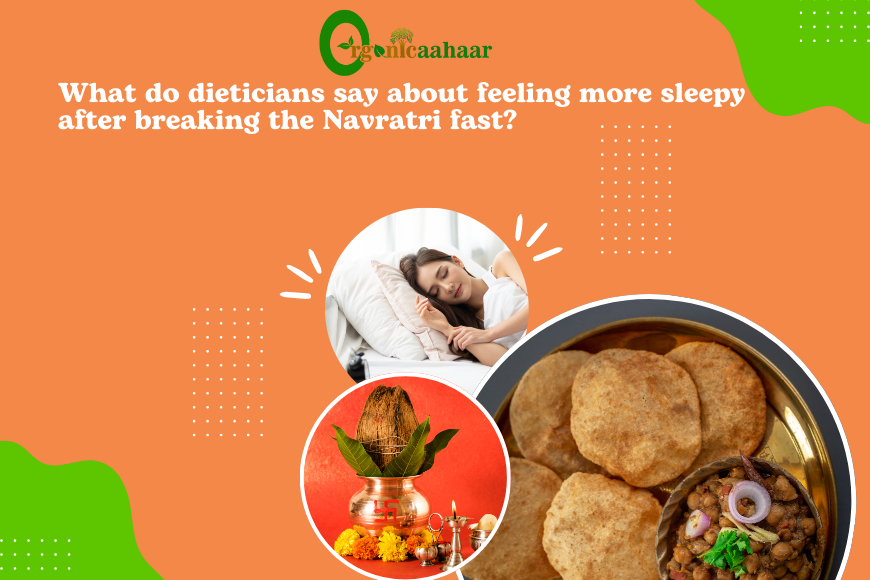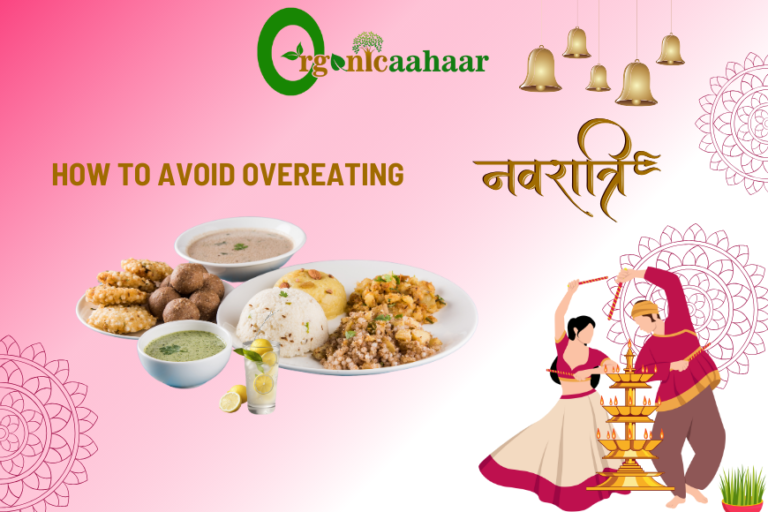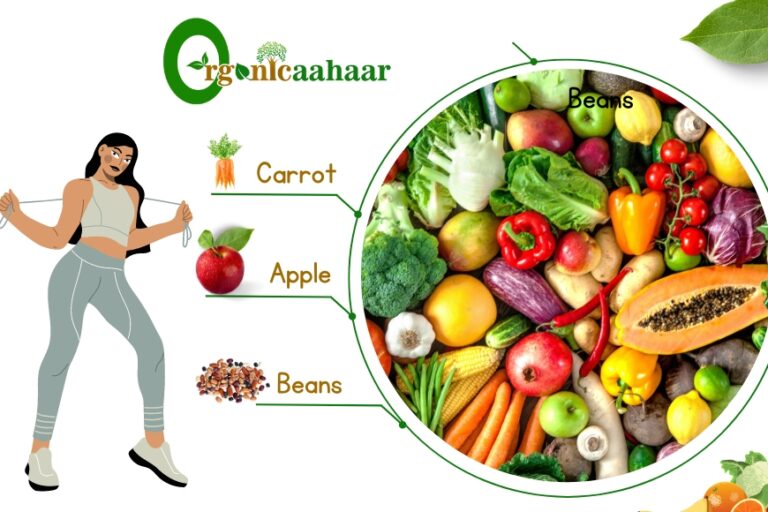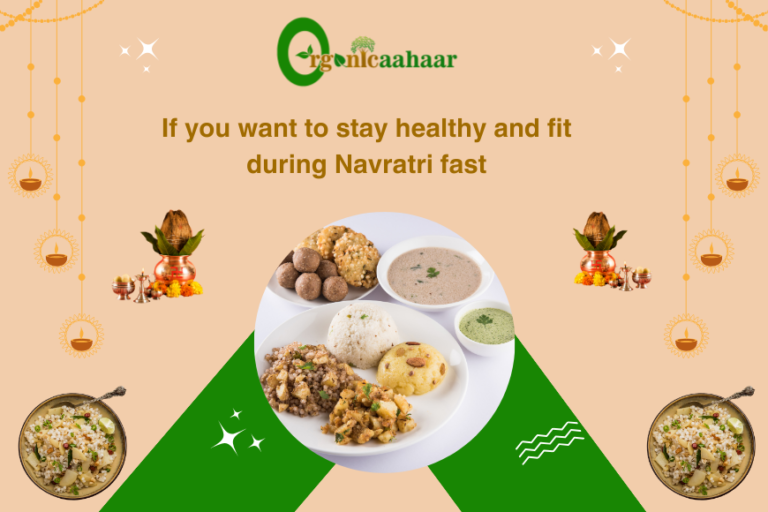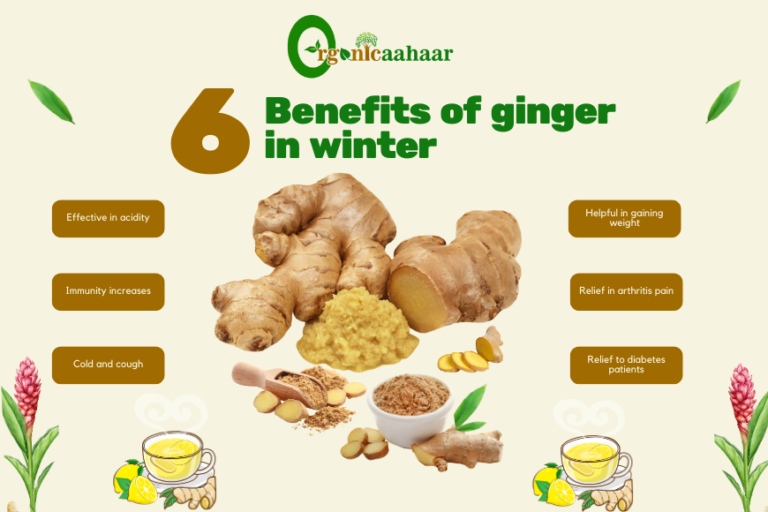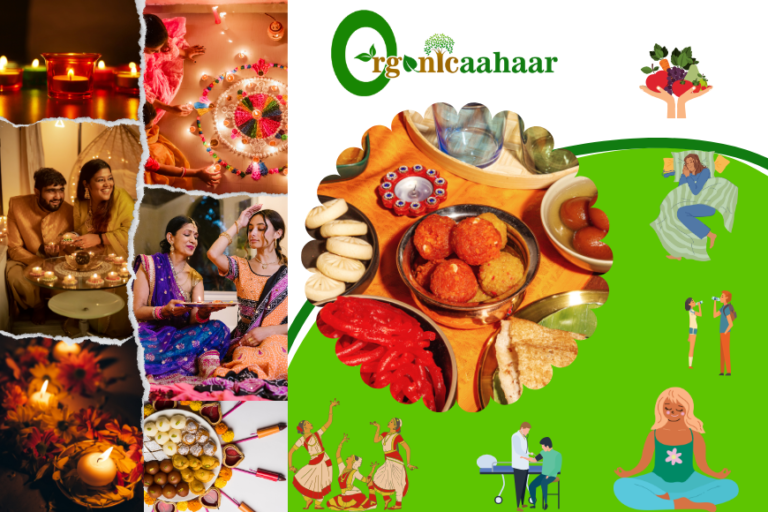According to Indian tradition, during Navratri fast, nine forms of Maa Durga are worshiped for nine days and there is a tradition of breaking the fast by feeding and worshiping nine girls on Navami or some say Dashami. On this day, food is consumed after feeding nine girls.
After fasting for nine days, eating food not only fills the stomach but also the mind and in this way the fast is broken by eating halwa, puri and gram prasad, which satisfies the soul. When food is eaten after fasting, many times overeating, fatigue and digestive problems can occur. To avoid problems, you should know the right way to break the fast. According to some experts, we are telling the right way to break the fast.
Do you also make this mistake after fasting?
After fasting, some people start consuming food in large quantities without thinking. Eating too much does not satisfy hunger but also causes problems of sleepiness and indigestion. After nine days of fasting, many metabolic changes occur in the body. At this time, due to the lack of carbohydrates in the blood, fat is used to provide energy.
By not eating during Navratri, the body also gets rid of harmful bacteria. Apart from this, insulin level remains controlled during fasting. Our digestive system becomes better.
What do dieticians say about feeling more sleepy after breaking the Navratri fast?
Eat slowly to include food in your diet again after keeping Navratri fast. Avoid eating heavy food after Navratri fast. Use less and good oil for preparing chana, halwa and puri. For better digestion, also use beverages like buttermilk, curd, juice, water etc. with food. Because these help in digestion.
To avoid problems like constipation and acidity, start the morning with light food. After consuming fruits during the fast, it is important to follow some tips before taking regular diet again.
If you are breaking the fast after a long fast, then keep these things in mind
1. Start with light food
After a few days, adding grains to the diet makes you feel lazy and sleepy.This is natural. Consume curd rich in probiotics to keep the body active throughout the day. Use cucumber and salad to make the food nutritious and hydrating. Apart from this, prepare puri, halwa and gram prasad in less oil and eat in small quantities.
2. Take care of hydration
Eat salad, buttermilk, and fruits to avoid water deficiency in the body after fasting. It helps in maintaining hydration in the body and gives relief from constipation and acidity. Consume seasonal fruits like cucumber, carrot, cucumber to provide vitamins and minerals to the body. Avoid eating too much fried and spicy food as it has a negative effect on digestion.
3. Eat healthy snacks
It is advisable to eat poha, upma and fruit salad in the evening after fasting. Apart from this, consuming vegetable smoothie is very beneficial because it keeps the stomach full. This keeps the body hydrated and one does not feel thirsty.
4. Include protein and minerals
Include protein and nutrients in your diet to strengthen the digestive system, for this consume fruits before eating food, try to make the soup nutritious after breaking the fast, this strengthens the immune system. And also helps in getting good sleep. Reduce the consumption of creamy soup after breaking the fast.
5. Include probiotics
Take special care of some things after the fast, include probiotics in the food. Which helps in the growth of healthy bacteria. And the body gets coolness. Consuming more fruits for fiber provides nutrition to the body.
Conclusion
Avoid consuming oily and spicy food after a long fast, drink more liquid juices, lemonade. Drink plenty of water to keep your body hydrated and prevent diseases.

